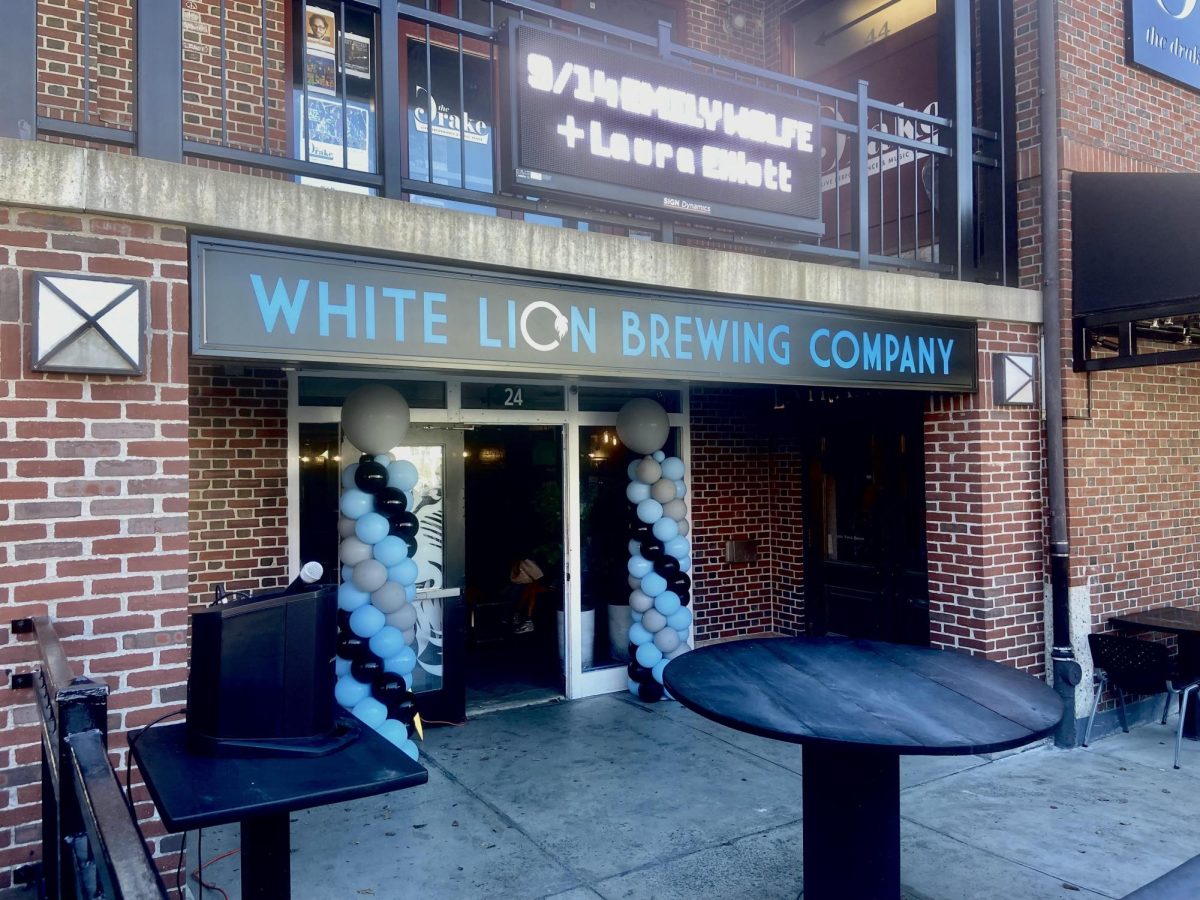
“Wheels when you want them, gas and insurance included.” This is the tagline of Zipcar Inc., the world’s leading online car sharing network of North America and the United Kingdom.
More than 225 universities have accounts with Zipcar including Stanford University, with 35 Zipcars and Yale University with 32 cars. Zipcar persuades its customers to join their network based on the selling points of convenience, cost effectiveness, and as an environmentally-friendly alternative to other forms of transportation.
On Feb. 1, Hampshire College launched a new partnership with Zipcar Inc., making it the third college in the Five College Consortium to partner up with Zipcar Inc. Amherst College, with four cars and Smith College, with five cars joined Zipcar in the fall of 2006. But the University of Massachusetts has not yet been sold, and neither has Mount Holyoke College.
According to a Zipcar press release, Hampshire College has two cars available for students, staff, and faculty – a Toyota Prius and a Honda Civic are parked at the bus circle at the center of campus. The cars are available 24 hours a day, seven days a week, to all members of the Hampshire community, including students, faculty and staff members as long as they are 18-years-old or older. Zipcar requires members to be 21-years-old or older to open an account.
With the addition of Hampshire to Zipcar Inc., members from the three colleges have access to the combined 11 vehicles on the three campuses.
The annual fee to join Zipcar for universities is $35 per year. Hampshire College applicants receive $35 worth of free driving credit that applies towards their first month of driving. The daily rates for the use of Zipcars start as low as $8 per hour and $66 per day depending on the model of the car. Zipcars include gas, insurance, roadside assistance, reserved parking, and up to 180 free miles per day, according to the press release.
Zipcars can be used for as short as one hour or up to four days. Students who live out-of-state and don’t want to bring their cars with them have the potential to go on road trips with their friends, run errands or go out and socialize.
Matthew Malloy, the vice president of global university operations at Zipcar said he thinks that Zipcar would be “extremely beneficial” to the Five College community if UMass and Mount Holyoke College joined up.
“This would bring increased mobility that would provide 18-plus members at these schools with access to all of the cars in the valley at the five schools,” said Malloy.
Malloy is a UMass alum who majored in marketing and graduated in 1990, and he said he thinks Zipcar would be “wildly successful” at UMass. “Everyone knows how congested parking is there,” said Malloy. “Zipcars would give students a whole new level of mobility and freedom that we really want to bring to campus.”
“We have had several discussions with UMass staff over the last two years,” said Malloy. “But they have yet to move forward.”
Still, Malloy appears hopeful about the possibility of bringing Zipcars to UMass, which would possibly eliminate the number of cars filling the UMass parking lots, and encourage both faculty and students to carpool more often.
“We just need students to speak up and say they want it. We can see UMass as being the top car-sharing school of the east coast,” Malloy said. “If UMass was to decide they want to move forward, Zipcar could potentially have a program live within as little as 6-8 weeks,” Malloy added.
At Hampshire College, the Zipcar program was launched by Josiah S. Litant, the assistant dean of students and program coordinator at Hampshire College. Litant said that many of the deans had heard about the program and its presence at both Amherst and Smith College.
“The biggest draw for us was the ease of use for Zipcar members to access cars, and the level of convenience it would provide to students,” said Litant. Litant was also drawn by the environmentally-friendly possibilities of Zipcar, which provide an alternative to car ownership. If the program stimulates carpooling, Zipcars also have the potential to reduce carbon emissions.
The independent research firm Frost & Sullivan reports that, on average in North America, each car Zipcar shared replaces 15 personally-owned cars on the road.
Andrea Heredia, a fourth year student at Hampshire College, is a signer for New Leaf, a sustainability group at Hampshire that encourages sustainable behavior among the Hampshire community. She is also a student member of the environmental committee, and is enthusiastic about the potential of the Zipcar program.
“The environmental committee has been trying to find something like this for a while,” Heredia said. “I’m hoping it will stimulate carpooling. Both students and staff offices can use the Zipcars,” Heredia added.
Heredia drove her car from her hometown of Temple, Texas to Hampshire at the beginning of the fall semester. “The reason I brought my car is to go grocery shopping, but if we had this last semester, I wouldn’t have brought my car,” said Heredia.
“I think it’s a big selling point because students don’t have to worry about parking, maintenance fees and other expenses,” Heredia said.
The “sophisticated technology” of Zipcar assures that each college has the right number of cars needed to accommodate the needs of the students, so there is no wait list. “You should generally be able to get a car when you want one,” Litant said. “Once a car is in use more than 40 percent of the time during daytime hours over the course of a quarter, Zipcar will add another car to our fleet,” Litant added.
Chelsea Faria can be reached at [email protected].




